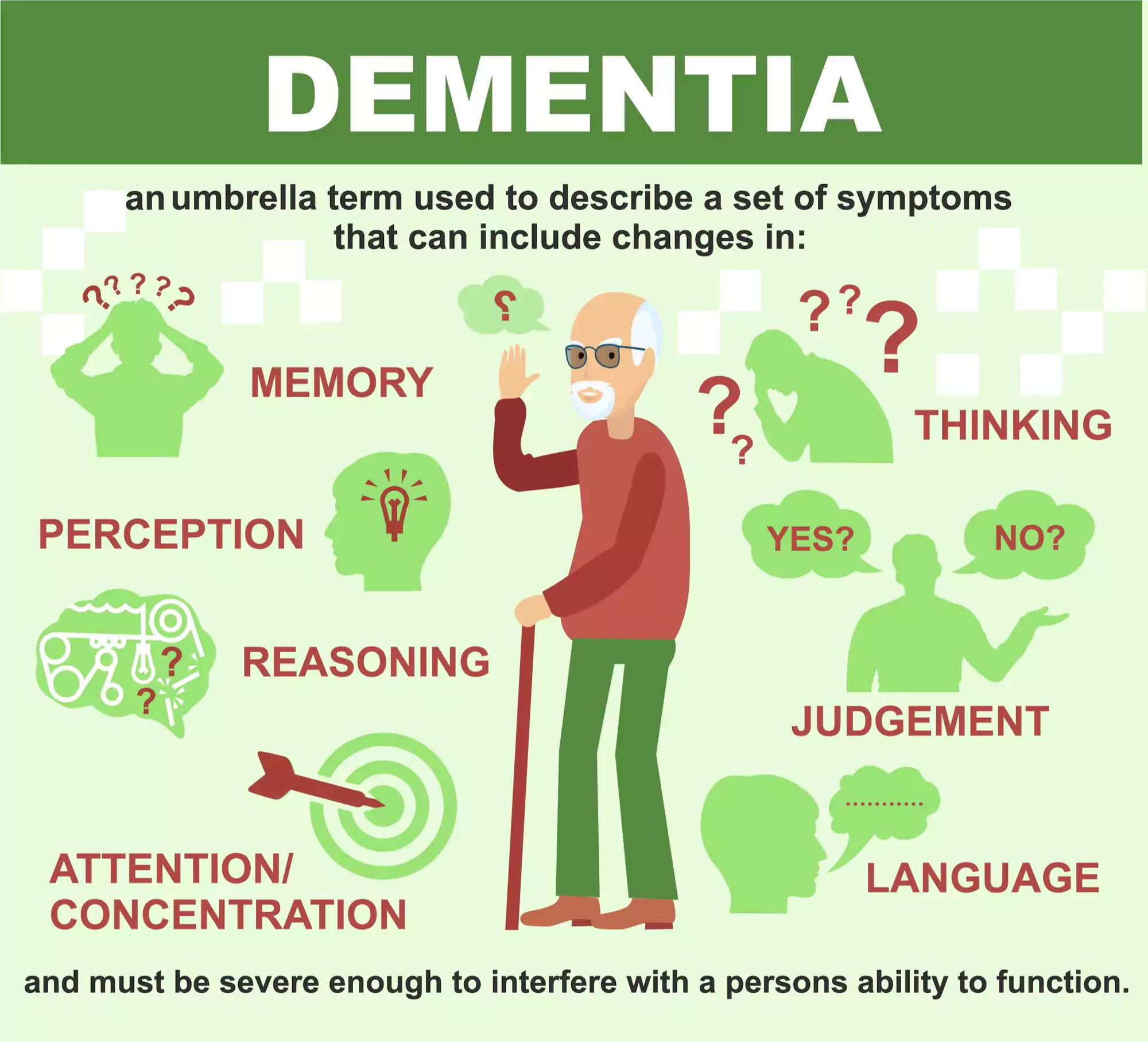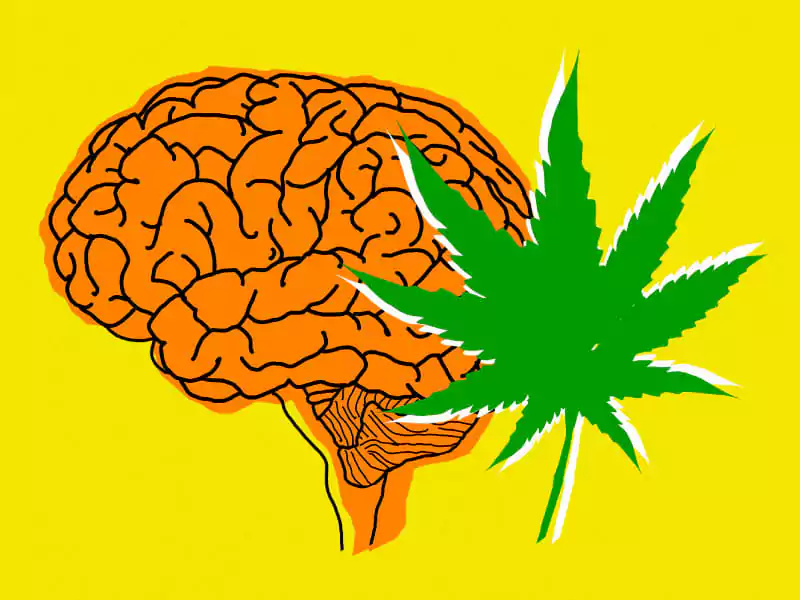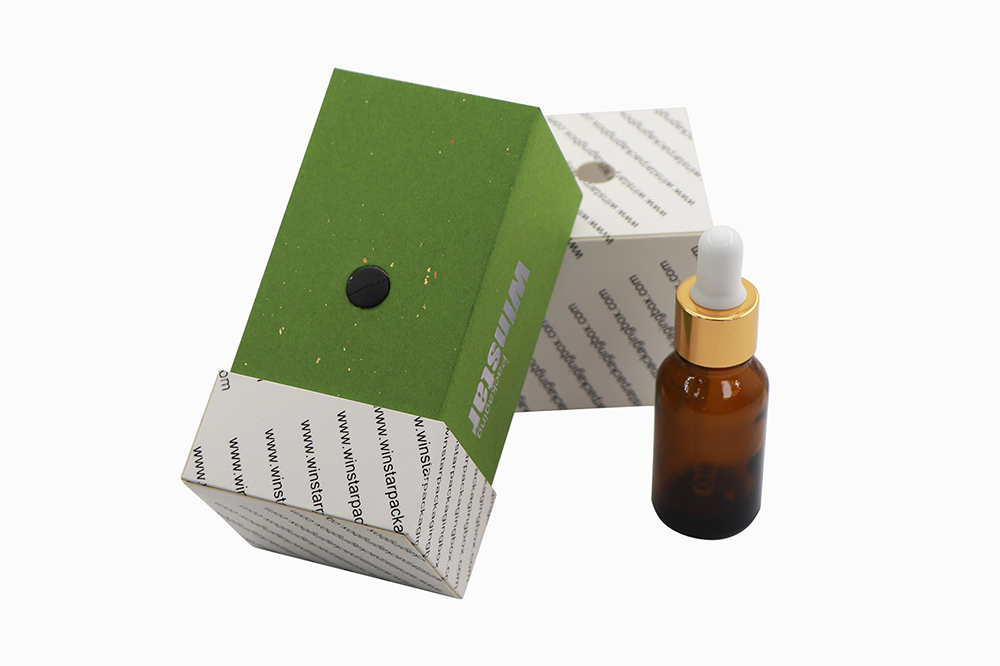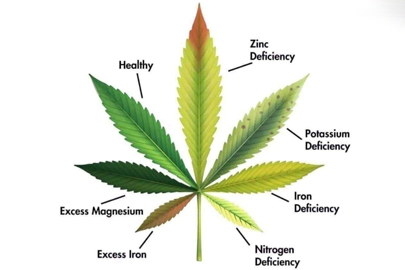The impact of cannabis, colloquially known as weed, on cognitive function has been a hot topic in recent years. With increasing legalization and decriminalization of cannabis worldwide, the question of its long-term effects on brain health, specifically dementia, has never been more pertinent. This article will delve into the current scientific understanding of the relationship between smoking weed and the potential development of dementia.
Understanding Dementia
Dementia is a collective term for a variety of neurological conditions characterized by progressive cognitive impairment. It involves the loss of memory, reasoning, problem-solving, and other mental functions. Alzheimer's disease is the most common form of dementia, followed by vascular dementia and Lewy body dementia. Dementia primarily affects older adults, but it's not a normal part of aging. Its causes are still not fully understood but are believed to be a mix of genetic, environmental, and lifestyle factors.

Cannabis and the Brain
Cannabis contains hundreds of compounds, the most notable of which are tetrahydrocannabinol (THC) and cannabidiol (CBD). THC is psychoactive and is primarily responsible for the 'high' associated with cannabis use. CBD, on the other hand, is not psychoactive and has been studied for its potential therapeutic effects, including neuroprotection.

Current Research on Cannabis and Dementia
As of my knowledge cutoff in September 2021, no concrete evidence definitively links smoking weed to the development of dementia. The relationship between cannabis use and cognitive function is complex and not fully understood.
Some studies suggest that heavy, long-term use of cannabis can lead to subtle impairments in cognitive function, particularly in learning and memory. However, most of these studies focus on heavy users or those who began using cannabis at a young age, and the effects are typically reversible after periods of abstinence.
A 2016 review published in the Journal of Alzheimer's Disease concluded that THC could potentially be therapeutic in Alzheimer's, given its anti-inflammatory and antioxidant properties, which could help reduce the neuroinflammation seen in this disease.
On the other hand, some evidence suggests potential harm. A 2017 study in the Journal of Alzheimer's Disease suggested that cannabis users had a somewhat increased risk of dementia, but the authors pointed out that the evidence was inconsistent and further research was needed.
It's essential to note that a correlation does not imply causation. Even if cannabis use and dementia are linked, it doesn't mean one causes the other. Other factors, such as alcohol use, tobacco smoking, and underlying mental health conditions, could also play a role.
Conclusion
In conclusion, as of now, there is no definitive evidence to suggest that smoking weed can cause dementia. The relationship between cannabis use and cognitive function is complex and likely influenced by many factors, including the amount and frequency of use, the age at which use begins, and the specific compounds in the cannabis used.
While some studies suggest potential harm from heavy, long-term use, others hint at potential benefits, particularly regarding THC and Alzheimer's disease. However, these findings are preliminary and require further study.
Until more definitive research is available, it's prudent for individuals to exercise caution with cannabis use, particularly those at higher risk for dementia due to age or other risk factors. As always, it's best to consult with a healthcare provider about any concerns related to cannabis use and cognitive health.











